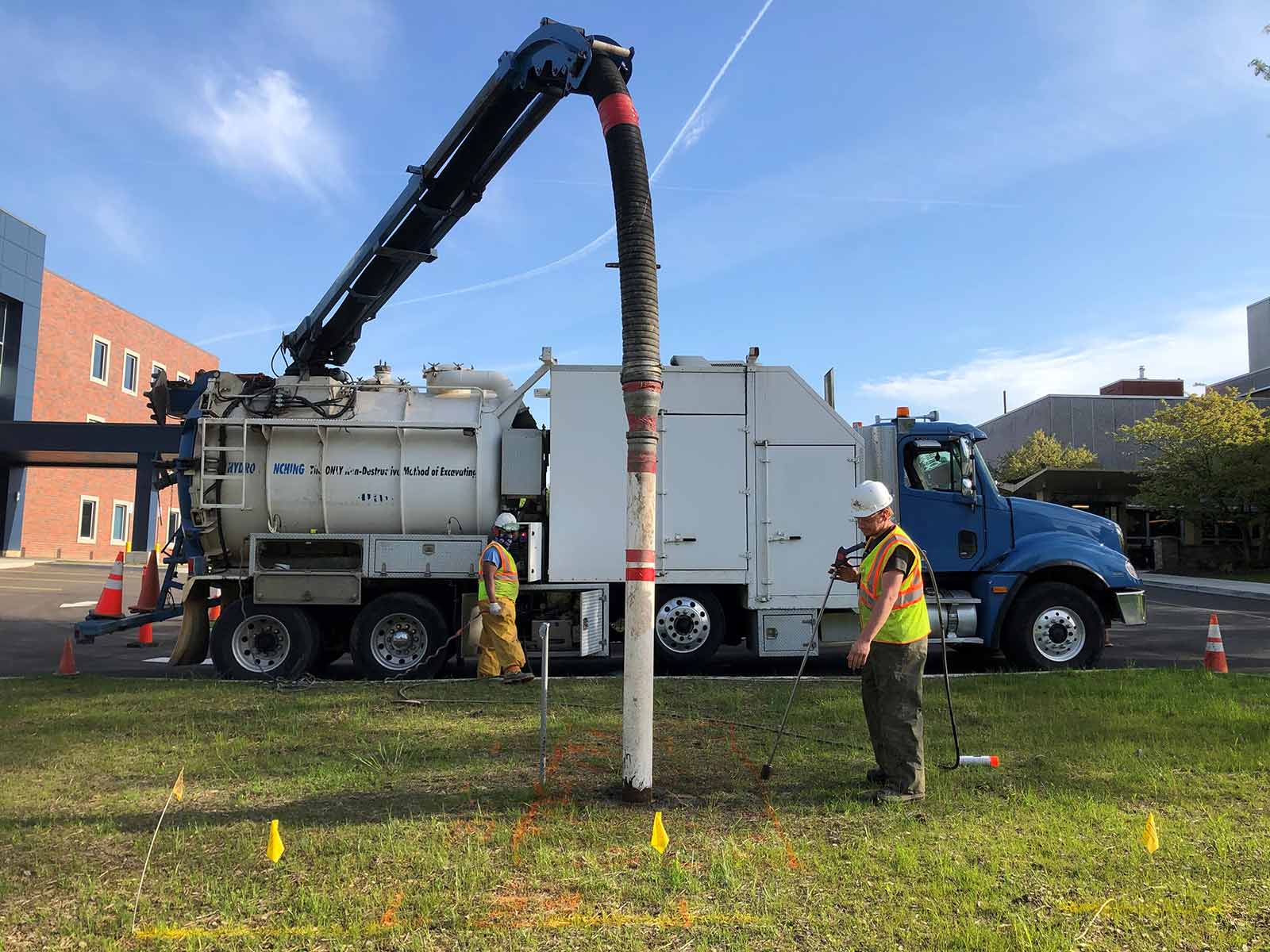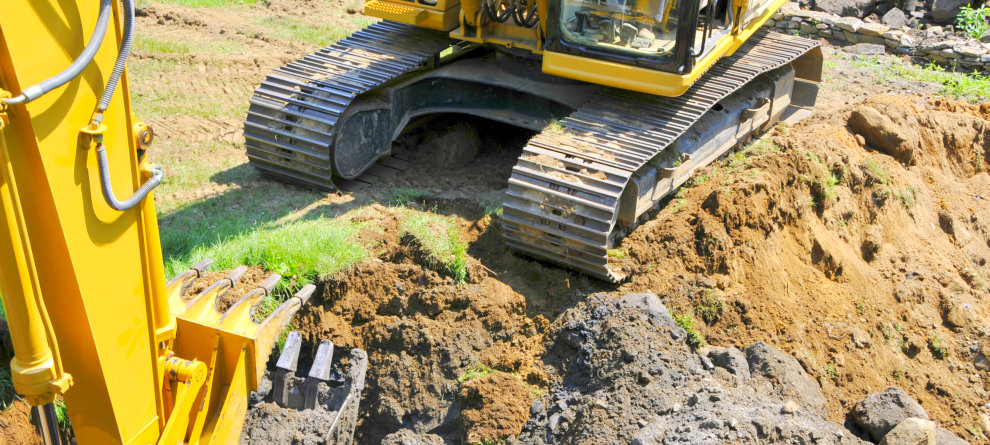Best Dump Truck Companies in Ohio - Top-Rated Dump Truck Providers
Best Dump Truck Companies in Ohio - Top-Rated Dump Truck Providers
Blog Article
Comprehensive Excavation Approaches: Understanding the Basics for Success
The cautious preparation, specific implementation, and precise attention to detail called for in excavation jobs require an extensive strategy that incorporates various basic aspects. The true mastery lies not merely in recognizing these principles however in effortlessly integrating them to navigate the intricacies of excavation tasks with finesse.
Comprehending Excavation Project Preparation

The initial stage of any type of excavation job is the preparation phase, where essential decisions are made that can substantially influence the outcome of the project. Comprehending the project range, timeline, and budget plan restraints is critical for creating a comprehensive excavation plan that guarantees the task's success.
One trick facet of excavation project preparation is the advancement of a thorough timeline that outlines the series of turning points, tasks, and due dates. This timeline functions as a roadmap for the job team, enabling them to track progress and make needed modifications to make sure the task remains on routine. In addition, a well-defined spending plan that makes up all expenditures, consisting of tools leasing, labor costs, and materials, is necessary for staying clear of expense overruns and hold-ups. By carefully thinking about all these factors during the preparation stage, excavation projects can be executed effectively and efficiently, leading to effective end results.
Dirt Analysis and Site Analysis
Performing comprehensive dirt evaluation and website examination is an important action in the preparation phase of any kind of excavation project. Soil analysis entails identifying the make-up, structure, and buildings of the soil at the excavation site. This info is essential for recognizing the soil's bearing capacity, dampness web content, and potential for disintegration, which are vital consider identifying the excavation techniques and tools needed for the project.
Site evaluation exceeds soil analysis and includes a wider evaluation of the overall site conditions. This assessment includes recognizing any kind of possible threats, such as underground energies, environmental worries, or unsteady surface, that might impact the excavation process. By thoroughly evaluating the site, project supervisors can create reliable excavation methods that focus on security, efficiency, and environmental defense.
Making use of innovative innovations like ground-penetrating radar, soil sampling, and drone studies can boost the accuracy and efficiency of dirt evaluation and site assessment. Investing time and sources in these preliminary steps can inevitably conserve time and avoid costly hold-ups or issues during the excavation process.
Tools Choice and Usage
Efficient excavation tasks depend heavily on strategic tools choice and usage to ensure optimal efficiency and efficiency. Selecting the right equipment for the job is important in making the most of performance and minimizing downtime. Variables such as the kind of dirt, deepness next of excavation, and job scope play a substantial duty in determining one of the most suitable equipment for the job at hand.

In enhancement to picking the ideal tools, correct application is vital to project success. Operators has to be trained to deal with the devices safely and effectively - dump truck companies in ohio. Normal upkeep checks and timely repair services aid protect against breakdowns and make certain regular efficiency throughout the task
Precaution and Rules Conformity
In the world of excavation jobs, prioritizing precaution and compliance with regulations is paramount to making certain a safe and secure and legitimately sound functional environment. Precaution incorporate a variety of techniques, including carrying out detailed site assessments, executing correct signage and barriers, and giving appropriate safety training for all employees included in the excavation process. Adherence to laws, such as OSHA demands in the USA, makes sure that the excavation project fulfills the required criteria to secure workers, onlookers, and the surrounding environment.

Tracking Development and Adjusting Techniques
Just how can project supervisors effectively track the innovation of excavation jobs and adjust their techniques this page as necessary to optimize results? Monitoring development is essential for making sure that excavation projects great post to read stay on track and satisfy deadlines.

Final Thought
Finally, grasping the fundamentals of comprehensive excavation strategies is crucial for the success of any type of project. By recognizing job planning, assessing soil and site problems, picking suitable tools, conforming with safety laws, and keeping an eye on development, project supervisors can guarantee a efficient and smooth excavation process. Applying these strategies will certainly lead to effective end results and minimize potential threats or problems throughout the excavation job.
The initial phase of any kind of excavation project is the preparation phase, where important choices are made that can dramatically affect the end result of the project. Recognizing the project spending plan, scope, and timeline restrictions is critical for creating an extensive excavation strategy that ensures the job's success.
Just how can predict supervisors efficiently track the improvement of excavation tasks and adjust their techniques appropriately to enhance end results? By very closely keeping track of development and being prepared to adapt methods, task supervisors can boost the total success of excavation jobs.
By comprehending job preparation, examining dirt and website problems, choosing proper devices, abiding with safety and security laws, and keeping track of progress, project managers can guarantee a smooth and effective excavation procedure.
Report this page